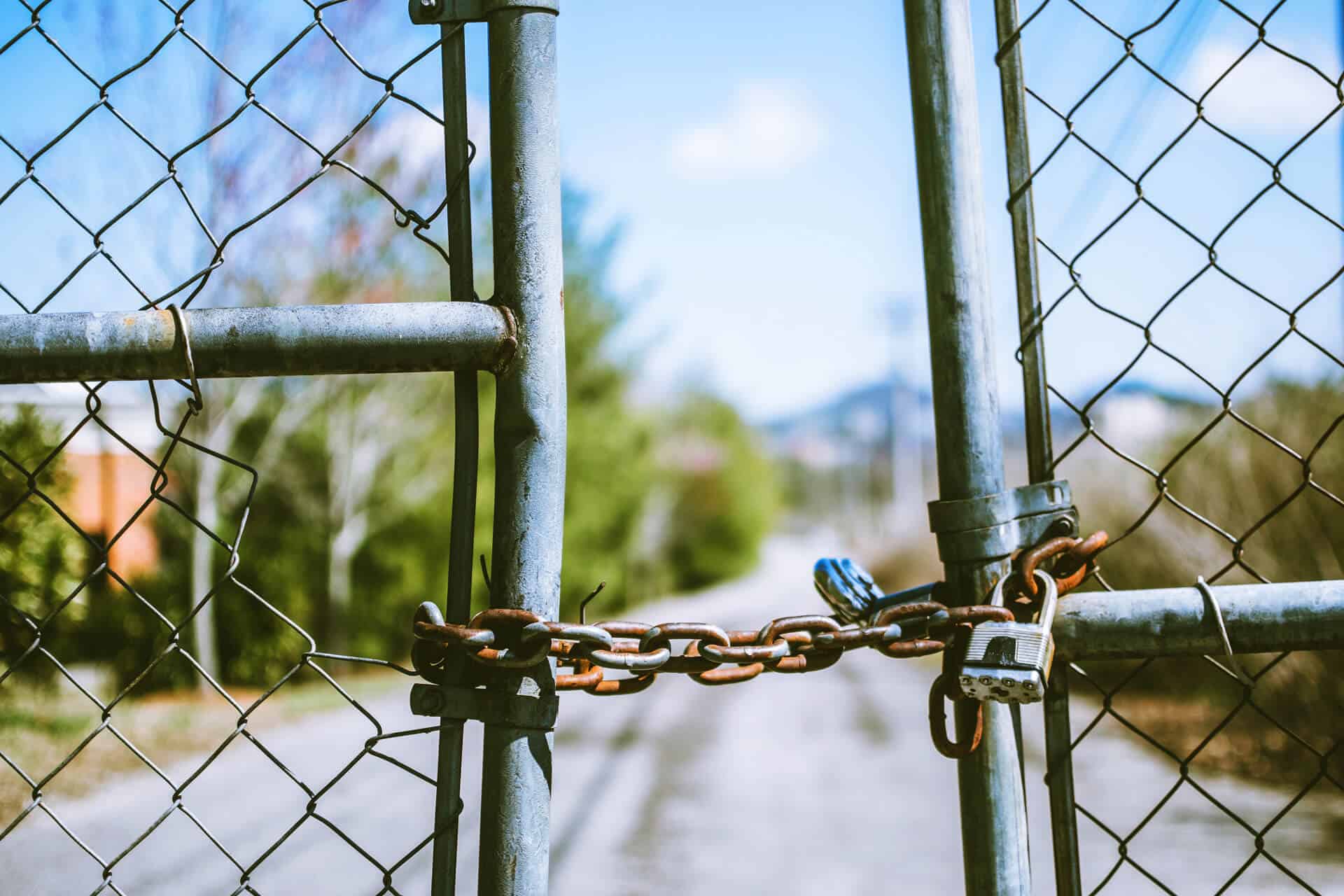No standstill period for prior collaboration based on the same formula
On December 29, 2023, ECLI:NL:RBDHA:2023:20931, the District Court of The Hague made a decision in summary proceedings in a dispute in which the standstill period prior to the franchise agreement (Article 7:914 of the Dutch Civil Code) was central.
The franchisee has argued that he cannot be held to the post-contractual non-compete clause in the franchise agreement, because he has annulled or dissolved the franchise agreement extrajudicially. The franchisee states that the standstill period was not observed. During a period of at least 4 weeks prior to the conclusion of the franchise agreement, the franchisor may no longer make any changes to the franchise agreement (unless these are to the advantage of the franchisee).
The franchisee acknowledges that he had already received the franchise agreement concluded in August 2022 in June 2022, but he states that all kinds of changes were made afterwards. The franchisor has categorically disputed this. In this case, it was up to the franchisee to further substantiate his position according to the preliminary relief judge. However, the franchisee failed to do so, so that the correctness of that statement cannot be assumed, according to the preliminary relief judge.
The preliminary relief judge also noted that the parties had been working together on the basis of the same formula for some time prior to the conclusion of the franchise agreement (from November 2021). The franchisee has not stated, let alone substantiated, that the final franchise agreement deviated on material points. The preliminary relief judge therefore assumes that, insofar as there have been changes, they were not far-reaching changes. In view of this, the preliminary relief judge does not consider it plausible that the franchisee was unable to make a well-considered decision. That is the purpose of this standstill period, which is intended to enable the intended franchisee to consider what is being offered to him.
In this ruling, the preliminary relief judge appears to apply the standstill period regulation liberally. However, Article 7:913(3)(a) of the Dutch Civil Code expressly states that the standstill period does not apply to “the conclusion of a subsequent franchise agreement between the same parties regarding the same franchise formula”. Apparently, in the preliminary relief judge’s opinion, there was such prior cooperation.
Ludwig & Van Dam lawyers, franchise legal advice.
Do you want to respond? Then email to dolphijn@ludwigvandam.nl

Other messages
Which court for a rental and franchise agreement?
Which court is competent to rule on a related rental and franchise agreement?
Interview Franchise+ – mrs. J. Sterk and AW Dolphijn – “Reversal burden of proof in forecasts honored by court”
The new Acquisition Fraud Act indeed appears to be relevant for the franchise industry, according to this article from Franchise+.
Franchisor convicted under the Acquisition Fraud Act
For the first time, a court has ruled, with reference to the Acquisition Fraud Act, that if a franchisee claims that the franchisor has presented an unsatisfactory prognosis
Agreements Related to the Franchise Agreement
On 31 October 2017, the Arnhem-Leeuwarden Court of Appeal issued similar judgments for nineteen franchisees (ECLI:NL:GHARL:2017:9453 through ECLI:NL:GHARL:2017:9472).
Column Franchise+ – mr. J. Sterk – “Franchisee does body check better than franchise check”
A gym embarks on a franchise concept that offers “Body Checks” and discounts to (potential) members in collaboration with health insurers.
Seminar Mrs. J. Sterk and M. Munnik – Thursday, November 2, 2017: “Important legal developments for franchisors”
Attorneys Jeroen Sterk and Maaike Munnik of Ludwig & Van Dam Advocaten will update you on the status of and developments surrounding the Dutch Franchise Code and the Acquisition Fraude Act.




